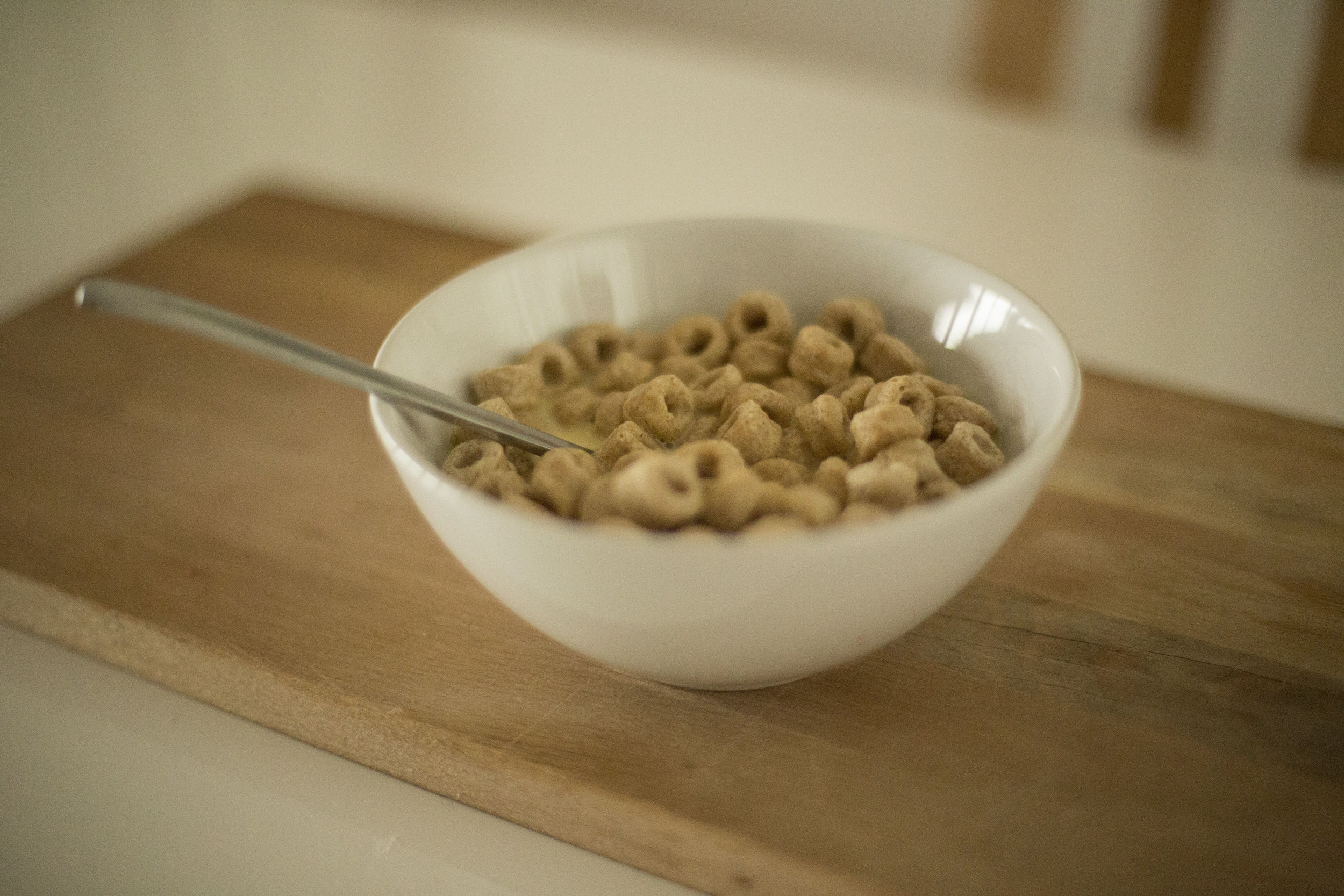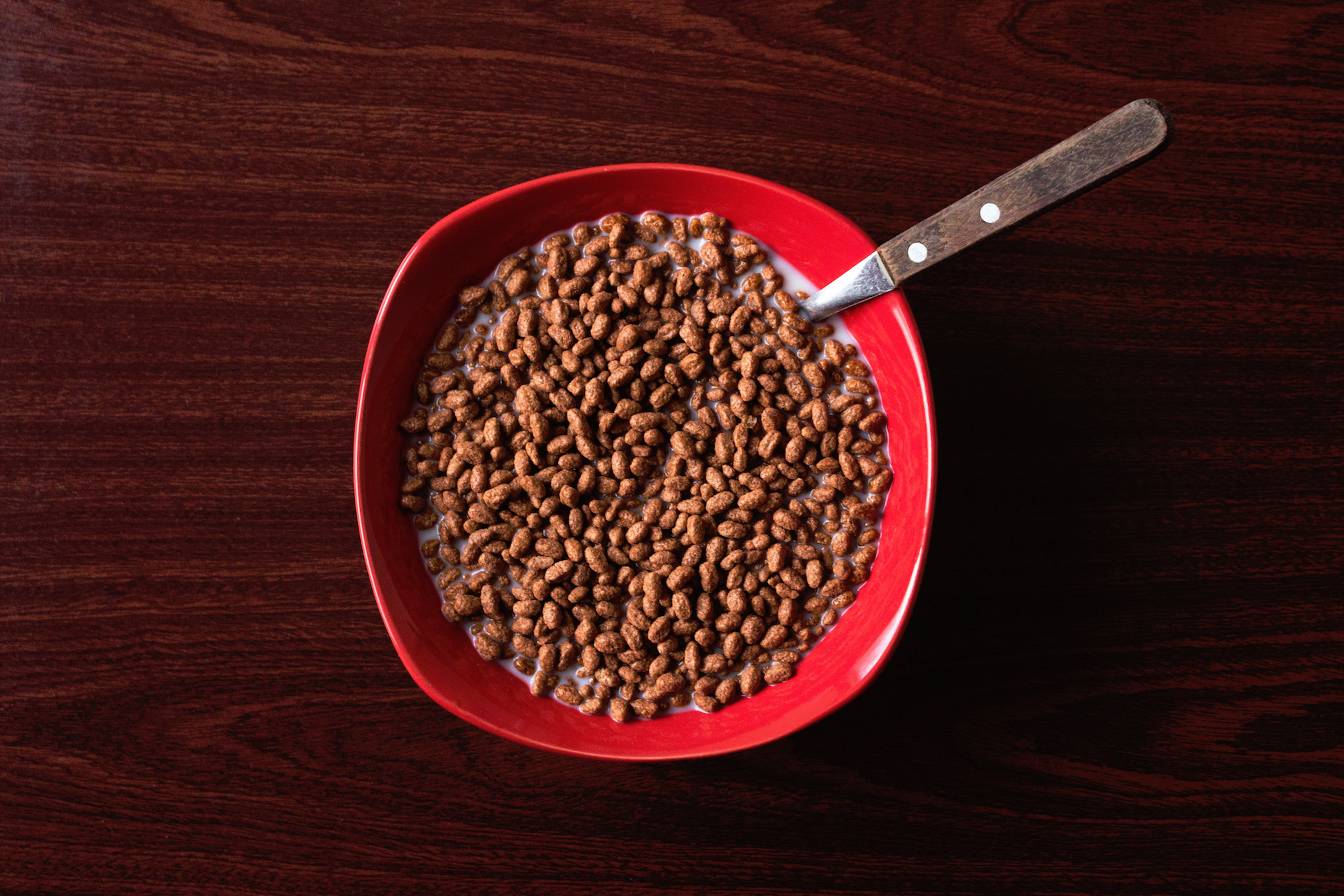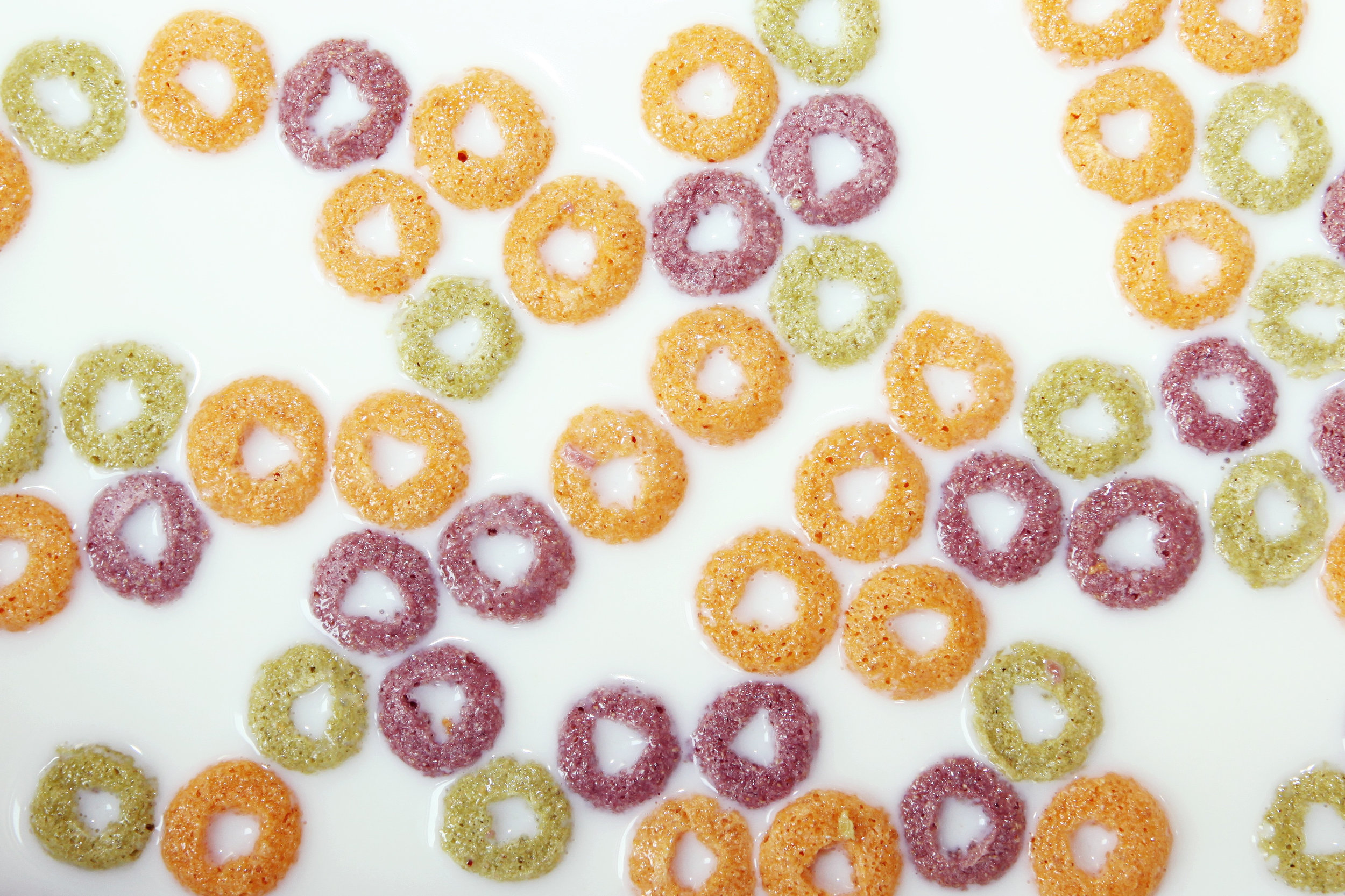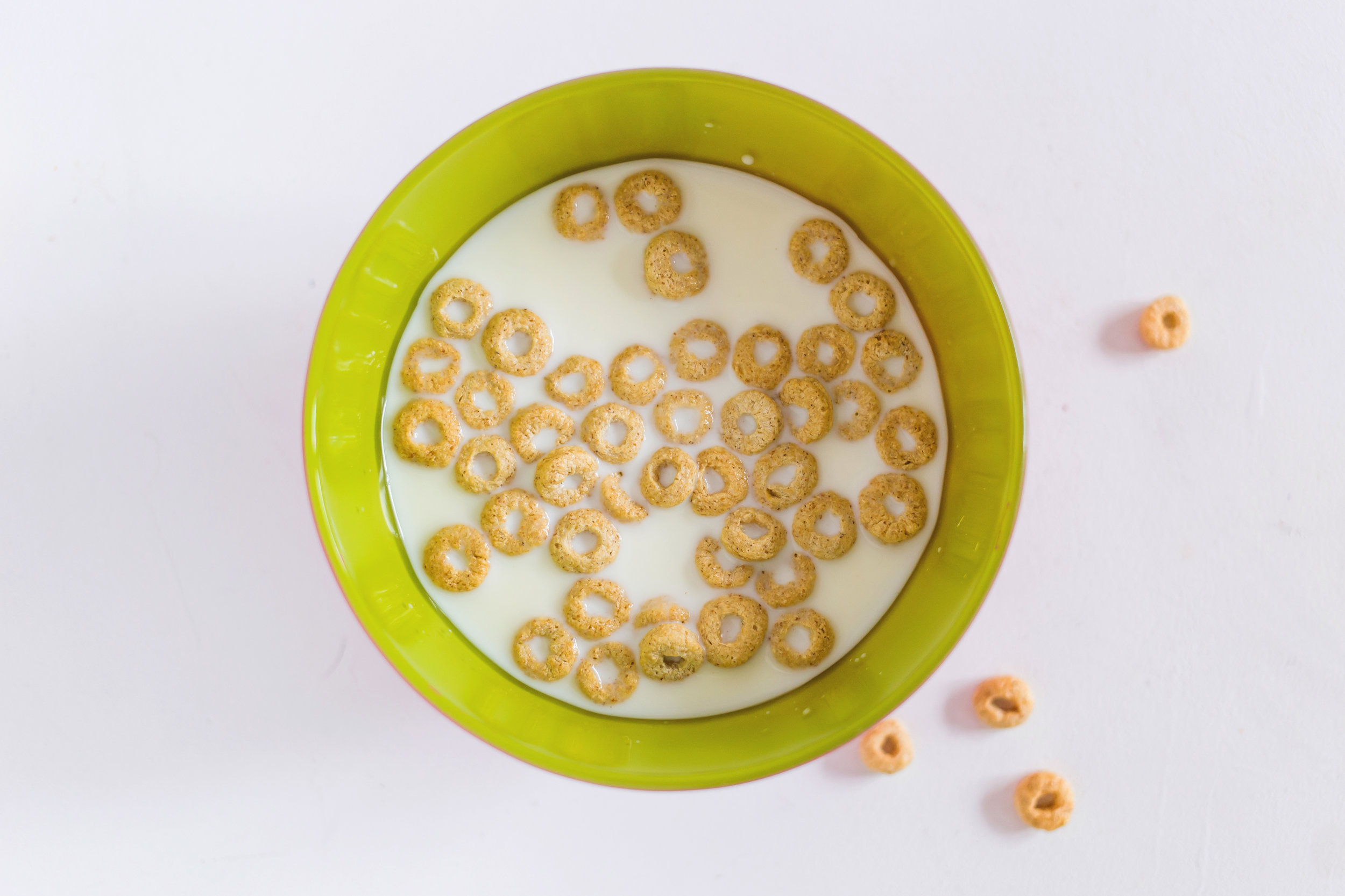So you think the breakfast cereal you got from the supermarket is OK? Well think again. There is very little, with next to nothing in terms of nutrition in them.
But it's fortified with vitamins and minerals I here you say. I used to think that too until I started understanding what nutrition actually is. You see, the body ONLY recognises vitamins and minerals in a wholefood form.
Firstly, lets address how a cereal is manufactured.
According to Authority Nutrition, this is how a commercial breakfast cereal is typically made:
Processed –grains are usually processed into a fine flour and cooked
Mixed – Mixed with water, sugar and other ingredients to flavour
Extrusion – A high temperature process to shape the cereal, called extrusion
Dried – Then it is dried
Shaped – and finally shaped into balls, puffs, loops, stars etc
Given the process described above, not only are they highly processed, but they also contain large amounts of refined carbohydrates, refined sugars and plenty of other flavours and additives. This is not conducive to a wholefood, let alone improving general and gut health.
Not only is the manufacturing process an issue, there is also the issue of the marketing claims on the front of the box. If a food is truly healthy, there is no need to make health claims.
If a boxed commercial cereal must remain your preferred choice of breakfast, then please read the labels carefully. Some principles to consider:
Can you understand the ingredient list? Does it make sense?
Is it free of artificial colours & flavouring ? These are the biggies to look out for:
Artificial Colours (102, 104, 107, 110, 120, 120, 122-129, 132, 142, 150, 151, 155, 160b))
Artificial Flavouring (620-625, 627, 631, 635, Hydrolysed Vegetable Protein (HVP), Hydrolysed Soy Protein (HSP), Soy Protein Isolate(SPI), Textured Vegetable Protein (TV P))
Check the sugar content, aim for less than 5g of sugar per 100mg
Check the serving size. Most cereals will say that a serving size is 30-40g, however when you actually measure that out, you will find that 3-4 times that amount is needed as a decent breakfast portion, therefore the sugar content will need to be multiplied by that amount. All of the sudden, your sugar content is not looking so great.
So what are my options I hear you say. I'm busy, I don't have time to prepare a gourmet breakfast everyday. That's OK, neither do I, and really, who does....lol
If you did decide to ditch the boxed versions, here are some wholefood options instead:
Eggs any which way you want, scrambled, boiled, poached, baked
Home-made granola with a beautiful array of nuts and seeds either served with a milk or yoghurt of your choice, even better use a dairy free option
Smoothie – just add a liquid + fruit + vegetable + protein + fat + superfood powder (optional)
Overnight soaked oats, preferably using uncontaminated oats from here
Chia-puddings made with any high quality milk of your choice
Baked Breakfast muffins, grain or grain free
Quinoa or millet porridge with dates & nuts (good alternative to oats)
Breakfast cakes made with wholesome ingredients. See my grain free cake one here
Grain or grainfree pancakes.
Leftovers from the night before. Especially in winter, my son will often ask for leftovers for breakfast
All of these options possess the following properties:
Made from wholefood ingredients the body can recognise
Can be made ahead of time and stored in the fridge or freezer for a grab & go or re-heat
Contains the right balance of macro ingredients of fats, proteins & carbohydrates.
As a gift to get you started on a wholefood breakfast option, I've put together 5 of our favourite breakfast recipes that are loved in our home.
If you think you or your family could benefit from transitioning to a healing wholefood lifestyle, get in contact with me today for your FREE Health Mapping Session.
Chantal is a Certified Nutrition & Wellness Coach that specialises in helping stressed and overwhelmed mums heal their children with wholefoods using a personalised wholistic step by step approach.






